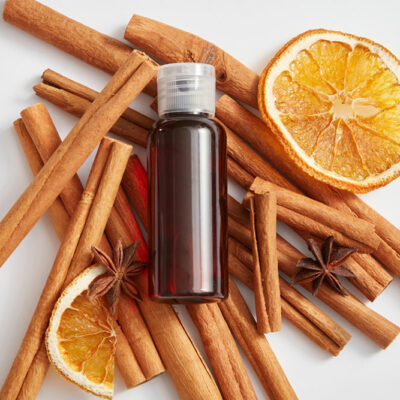
5 natural remedies for stress relief and better sleep
Sleeping is one of the most important parts of one’s day, and it plays a vital role in rest and recovery of the body. A good night’s sleep is also linked to several other health benefits. However, in today’s stressful environment and lifestyle, getting enough sleep can be challenging. Luckily, one can use several techniques, including home remedies, to help relieve stress and improve sleep quality. Here are some natural remedies for the same. Valerian root This is a herb that is commonly used in Asia and Europe as part of traditional healing methods. The root is usually used as a remedy to help manage stress, anxiety, and even depression in individuals. While the studies remain inconclusive of its direct benefits on sleep, there are some studies that do point towards the positive effects of this herb. Various small group studies involving 30 to 40 people found that taking 530 grams of valerian root before bed helped in sleep quality, latency, anxiety, and depression in individuals. These notes were taken from the participants’ perception of sleep quality and did not measure any quantitative data. While this root is known to be safe for adults, there may be minor, non-serious side effects, if any, in some people.
Read Article 









